Advanced technologies like drones, 5G and the BeiDou Navigation Satellite System (BDS) have been widely used in the power grid of northwest China's Xinjiang Uygur Autonomous Region.
Thanks to over 1,000 sets of 5G-backed BeiDou terminals launched in October, a converter station in Xinjiang's Changji City has turned to drones with high-precision equipment for "physical checks."
Drones will seldom deviate from inspection routes even in substations with dense power devices through precise positioning services.
The 5G technology enables drones to automatically transmit clear photos, videos and other detection data to the control center at high speed, which can improve operation and maintenance capabilities as well as power supply service of Xinjiang's power grid.
With these technologies, inspectors can be informed of the condition, even hidden dangers, of power grid facilities in extreme weather even if they are not on site, said Hu Changyue, an expert at the State Grid Xinjiang Electric Power Co., Ltd.
Xinjiang generated about 403 billion kWh of electricity in 2020, a rise of 11.8 percent year on year.
Currently, 5G and BDS technologies have been used in various sectors in Xinjiang's power grid, including inspection, power supply service, and power consumption information collection in areas without signals.










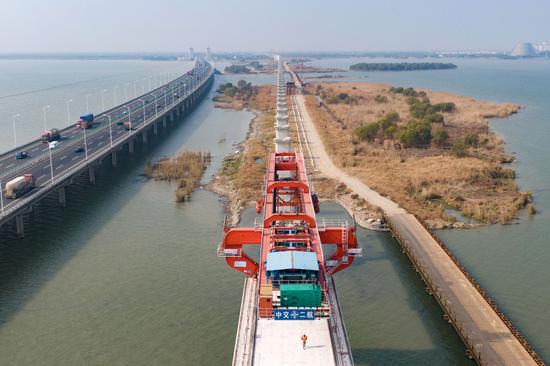


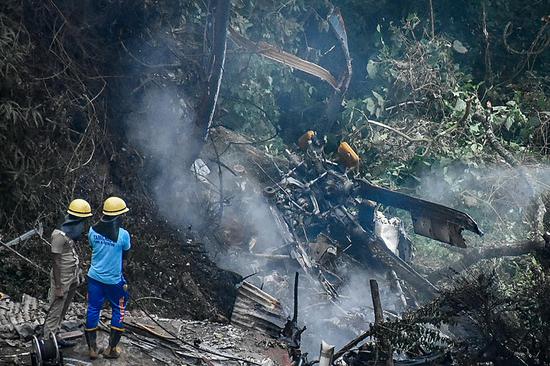












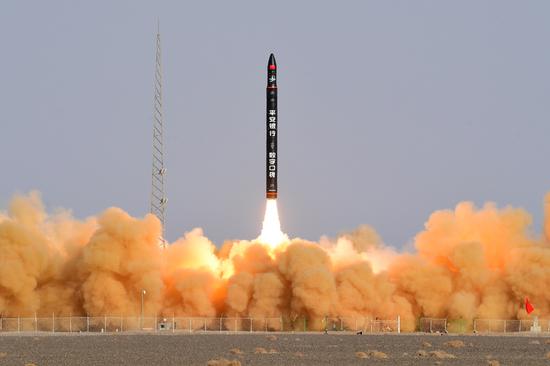
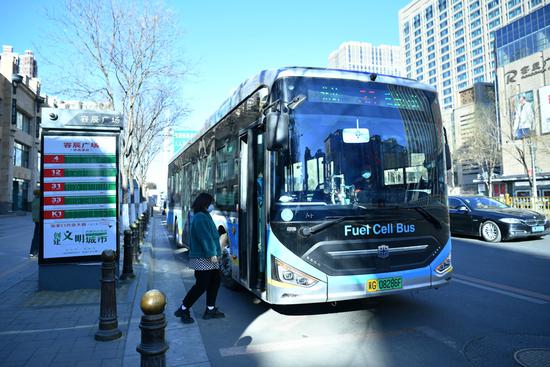

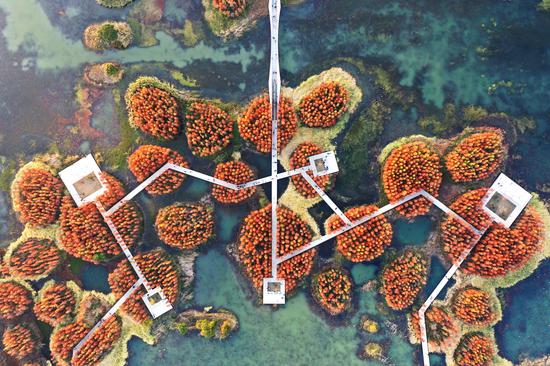




















 京公网安备 11010202009201号
京公网安备 11010202009201号